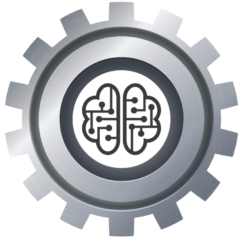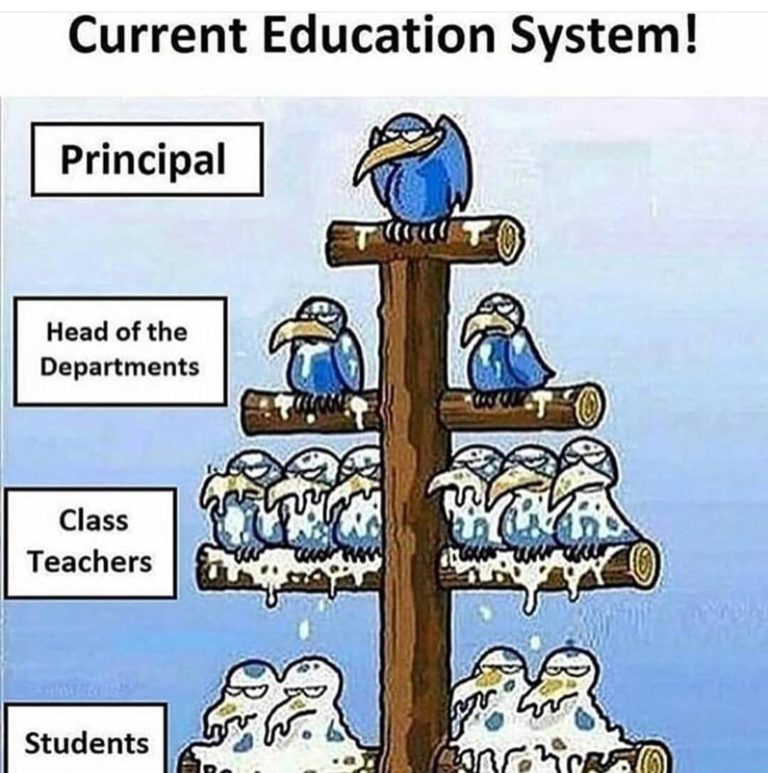Zettelkasten Method – Connection and Associations
Connection and associations are fundamental concepts that underpin much of our thinking and reasoning. At their core, these concepts involve linking different ideas, concepts, or pieces of information together to form a cohesive understanding of the world around us. In this article, we will explore the importance of connection and association, and how they play a crucial role in shaping our thinking and learning.
I personally love the Zettelkasten Method. So much so, dedicating a podcast episode, creating an YouTube mini-series covering it, and utilize it with Notion. I hope these articles will get you interested in trying this awesome note taking method.
The human brain is wired to make connections and associations between different ideas and pieces of information. From a young age, we learn to recognize patterns and make connections between different experiences. For example, a child might learn to associate the sound of a dog barking with the presence of a dog, and develop a fear or affinity for dogs based on these associations.
As we grow older, our ability to make connections and associations becomes more complex and sophisticated. We begin to see patterns and connections between different subjects and ideas, which can lead to new insights and breakthroughs in our thinking. For example, a scientist might make a connection between the behavior of subatomic particles and the workings of the universe, leading to a new theory or understanding of physics.
Connection and association are also crucial for learning and memory. When we make connections between different pieces of information, we are better able to remember and recall that information later on. For example, a student might learn to associate the date of a historical event with other events or trends that were occurring at the same time, making it easier to remember the date and understand its significance.
One of the most powerful ways to make connections and associations is through the use of analogies and metaphors. By comparing two seemingly unrelated concepts, we can highlight similarities and make connections between them that might not have been immediately apparent. For example, a teacher might use the analogy of a plant growing from a seed to explain the process of writing a story, highlighting the importance of nurturing and cultivating ideas over time.
Another important aspect of connection and association is the ability to think creatively and generate new ideas. By making connections between seemingly unrelated concepts, we can generate new insights and ideas that might not have been possible otherwise. For example, the development of the airplane was the result of making connections between the principles of aerodynamics and the mechanics of bird flight.
In Summary
Connection and association are essential concepts that play a crucial role in shaping our thinking and learning. By making connections between different ideas, we can better understand the world around us, remember and recall information more effectively, and generate new insights and ideas that can lead to breakthroughs in our thinking. Whether you are a student, a scientist, or simply someone who wants to better understand the world, the ability to make connections and associations is a powerful tool that can help you to achieve your goals and reach new heights of understanding and creativity.
#infobymattcole
 You can check out Matt’s LinkedIn account, Youtube Channel, or Podcast.
You can check out Matt’s LinkedIn account, Youtube Channel, or Podcast.Introducing my new books, ‘The Art of Critical Thinking’ and ‘The Critical Thinking Model’. Both can be read for free with Kindle Unlimited or $2.99 each via Kindle.



